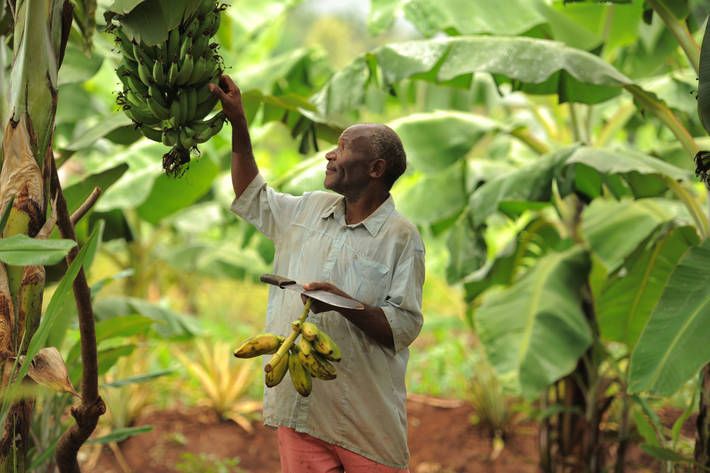The question of how to eradicate world hunger – one of the Sustainable Development Goals – and feed the world’s future population is a major global societal challenge, highlights Bioceres Crop Solutions Corp.
This company is a fully integrated provider of crop productivity technologies designed to enable agriculture’s transition to carbon neutrality.
Although studies differ on the exact percentage, it is widely accepted that food production will need to increase by 35-56% between now and 2050.
Historically, food production has been able to keep pace with population growth, largely disarming Malthusian fears.
In fact, since the 1960s, global growth in agricultural production has outpaced population growth.
However, despite this growth in food production, food security remains a problem in most parts of the world, with one in three people in the world lacking access to adequate food in 2020, according to the FAO.
Bioceres Crop Solutions Corp. argues that the drivers of these food security outcomes are political and institutional (conflict), biophysical and environmental (climate variability and extremes), and economic (poverty and inequality).
Hunger and the environment
Success in increasing food production has come at a high cost in terms of resource use and inequalities.
Therefore, the challenge facing the world today is not whether more food can be produced, but whether it can be produced in a sustainable, resilient and affordable way.
There is increasing pressure to curb greenhouse gas emissions from agricultural production and reduce the use of environmentally harmful chemicals.
Agriculture is a significant contributor to climate change, as well as being one of the economic sectors most threatened by it.
According to the latest FAO estimates, total emissions from the global agri-food system in 2019, were 16.5 (Gt CO2 eq. yr-) corresponding to 31% of total anthropogenic emissions.
Of the total food system, overall on-farm emissions – from crop and livestock production processes, including on-farm energy use – were 7.2 (13% of total emissions).
At the same time, emissions from land use change, due to deforestation and peatland degradation, were 3.5 (6% of total); and emissions from upstream and downstream processes – fertilizer manufacture, food processing, packaging, transport, retailing, domestic consumption and disposal of food waste – were 5.8 (11% of total emissions).

